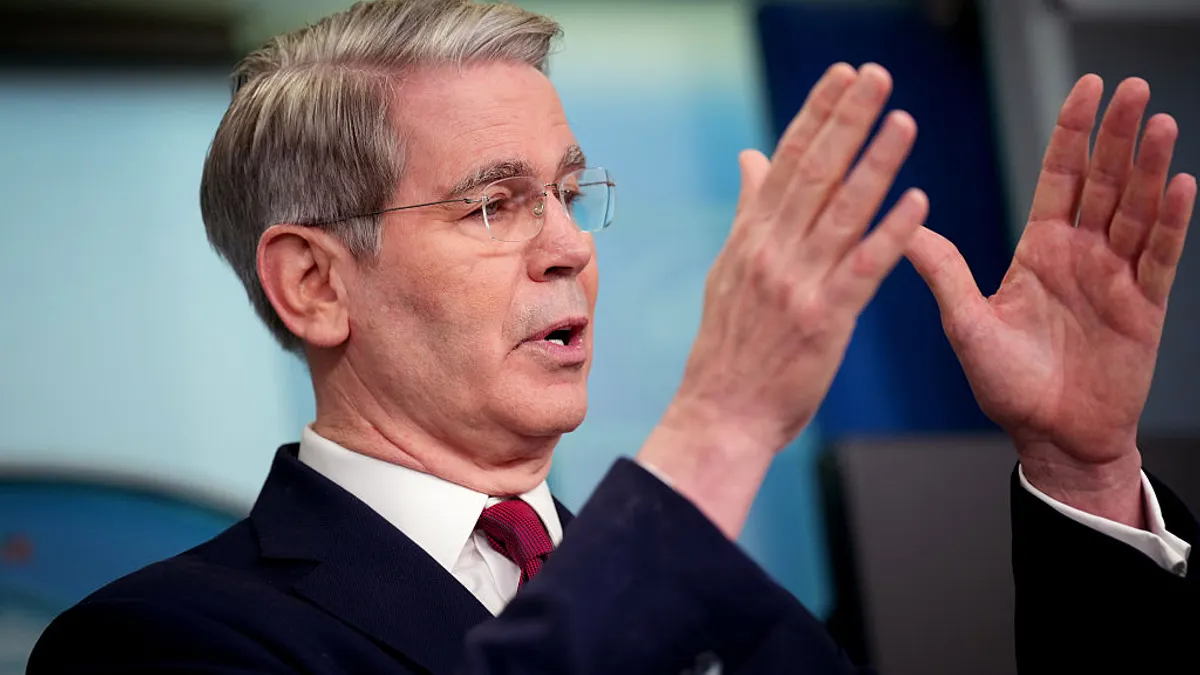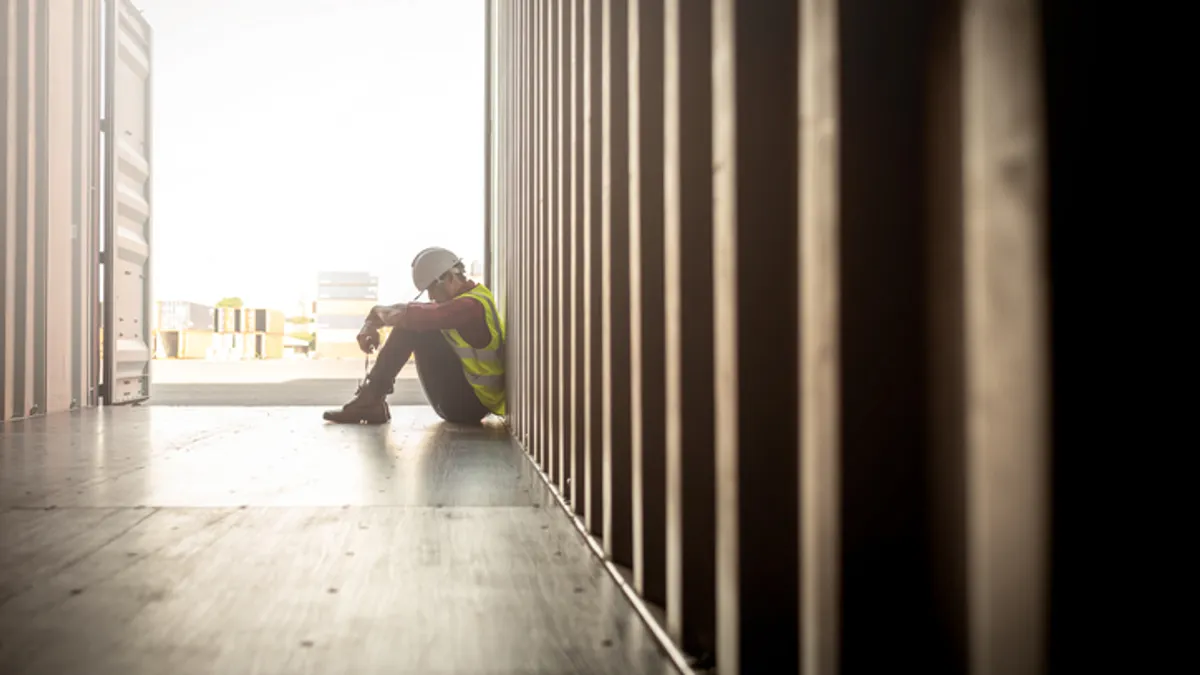When states mandated staying at home in March, the School of Rock, like every other type of school, felt the impact. But with insights gleaned from modeling by its two-year old FP&A team, the company rolled out a virtual program in just 12 days, giving it a revenue base until in-person classes are feasible.
"We’re deriving 100% of our revenue from something that did not exist two months ago," John Cappadona, the company's CFO, said this week in a CFO Thought Leader podcast.
Rather than reduce tuition because virtual classes can't include the in-person band-practice component it was known for, the company held firm on pricing and brought in premium features, including classes led by popular recording artists.
"What’s been great is, a lot of the artists are home," he said. "They’re not on the road, and they want to help. So, for an hour, an artist will get on Zoom with our students. We're also doing master classes and songwriting classes."
The premium additions haven't kept the company from losing revenue but they've helped keep the losses under control. "We've lost a bunch of students, but we've preserved many more than we've lost," he said.
What’s more, the company now has a product that it plans to continue even after it can hold in-person classes again, Cappadona said.
New FP&A capacity hits the right note
The company's ability to do the kind of modeling that helped it map out its pandemic response had to be created from scratch when Cappadona joined the company in 2018.
The company, which owns 49 schools and oversees more than 200 franchisees in eight countries, had just relocated its corporate offices to the Boston area, from Philadelphia, and had few senior finance people in the new location.
"We had a senior accountant that started a couple of months before I did," he said. "I had a controller ... who decided she didn't want to continue. The day I joined, my new controller and I walked through the door on the same day, not knowing anything about how to make this thing happen. And we were going through our audit, year-end. So, it was like, 'Oh boy.'"
The company also had no financial planning and analysis (FP&A) function, which is the background Cappadona brought to the job. "That was my first big hire," he said. "[The person I brought in] has been outstanding and really helped us navigate these waters."
At the start of the pandemic, Cappadona worked with his FP&A chief to model three scenarios, including a worse-case scenario that envisioned the company losing 50-60% of its revenue, selling no more franchises, and running out of cash.
"We isolated all the scenarios, with the same cost variables," he said. "It was a menu approach."
The scenarios gave company executives a set of levers to pull based on what was happening. "We said, 'What if we have to do more cuts? What if we do these types of things? How much more will that give us in EBITDA by month?'"
Cappadona honed his skills at scenario planning in 2012 when he had to wrestle with the impact of Hurricane Sandy while heading up FP&A for WB Mason, an office supply company concentrated in the northeast.
"Pretty much all of their operations were out of business for several days after the hurricane," he said. "So, we had to quickly enact our forecast models and ... shore up costs because we had bank covenants we had to maintain. We had to look out and say, when are these businesses going to be coming back? Very similar to what I’m facing today."
Cappadona said decisions based on the scenario planning have to be made knowing you're not going to get everything right, so you have to be prepared to shift tactics as your forecasts get replaced with actual data.
"If you have to course-correct, do that," he said. "That's what we've been doing here. If we had waited to get all of our data in, we still wouldn’t have an offering right now with School of Rock Remote. We did it in 12 days. If you're going to fail, fail quickly and move on."
Engagement is key
Since he's been on board, Cappadona has been tracking three metrics: revenue, student count, and net promoter score. "As revenue and student count go, that's how the business is going to go," he said.
He tracks engagement as well, and that's taken on new importance since the virtual classes started because it can let the leadership team know if the premium features are working or if they need to do something else to keep students coming back to the Zoom sessions.
"People canceling lessons is a key indicator," he said. "It tells us how student count will perform going forward."
The metrics are a central talking point in meetings the CEO holds three times a week with his executive team and franchise owners that attend.
"That's where we've been able to get some of our best ideas on how to keep the ball rolling," he said. "How do we come up with other things that are able to entice customers to come in and then turn the ideas into processes quickly?"
"We kid we need a vacation," he said. "It's been 24-7 for two months now."





















